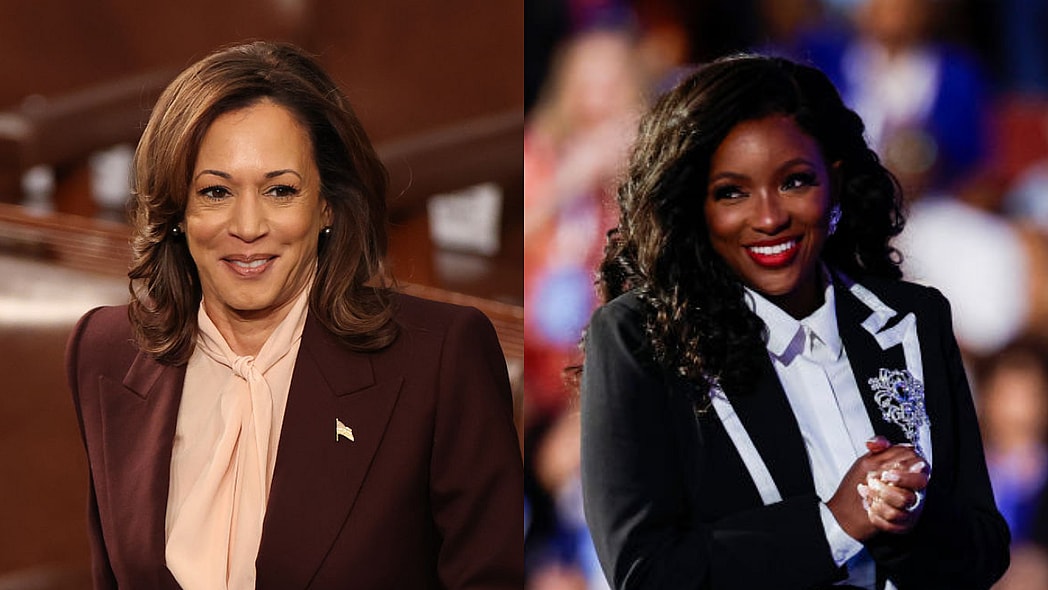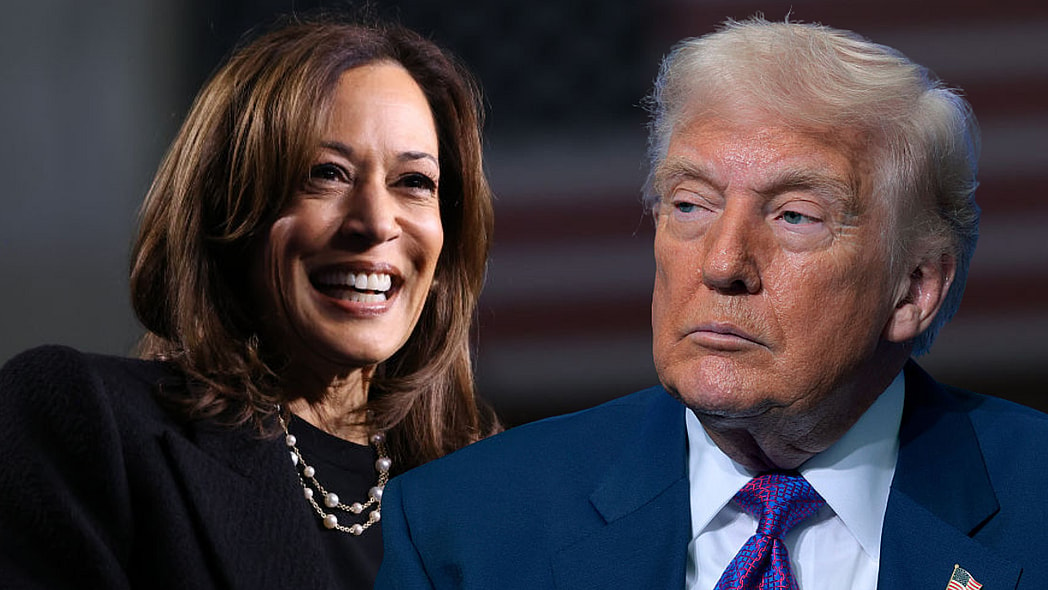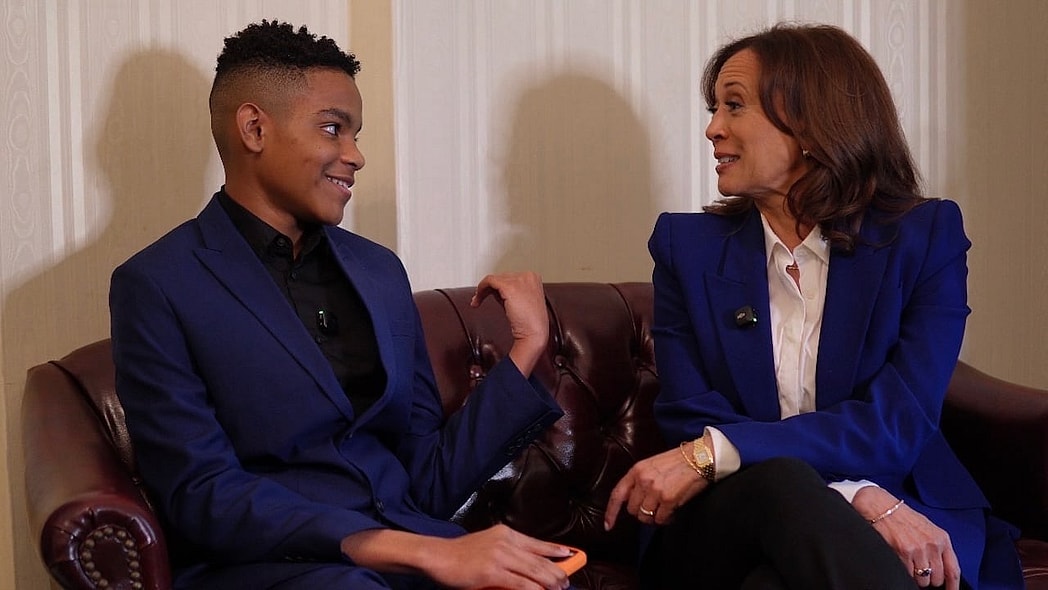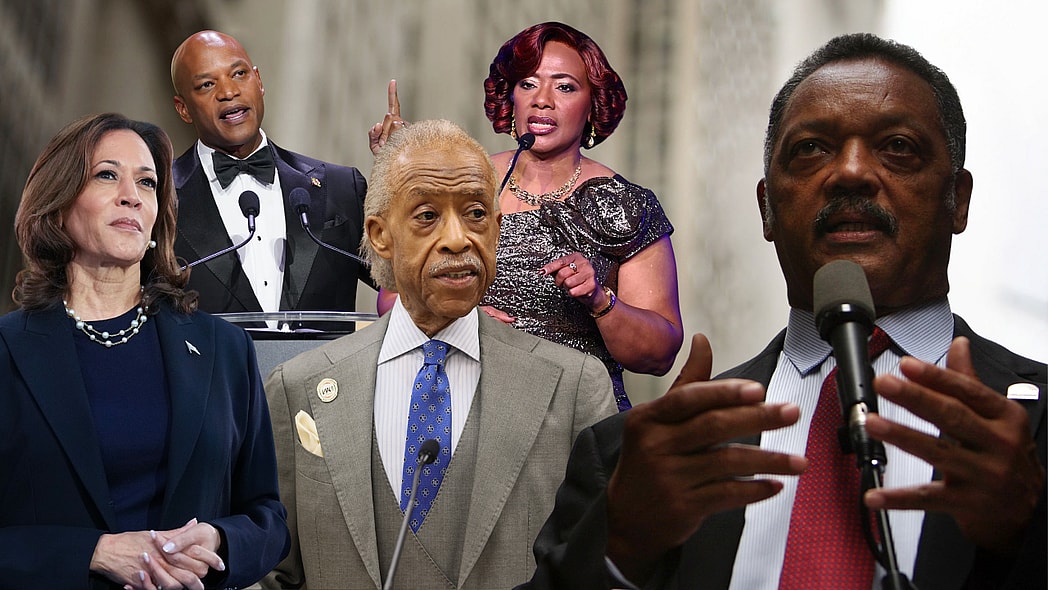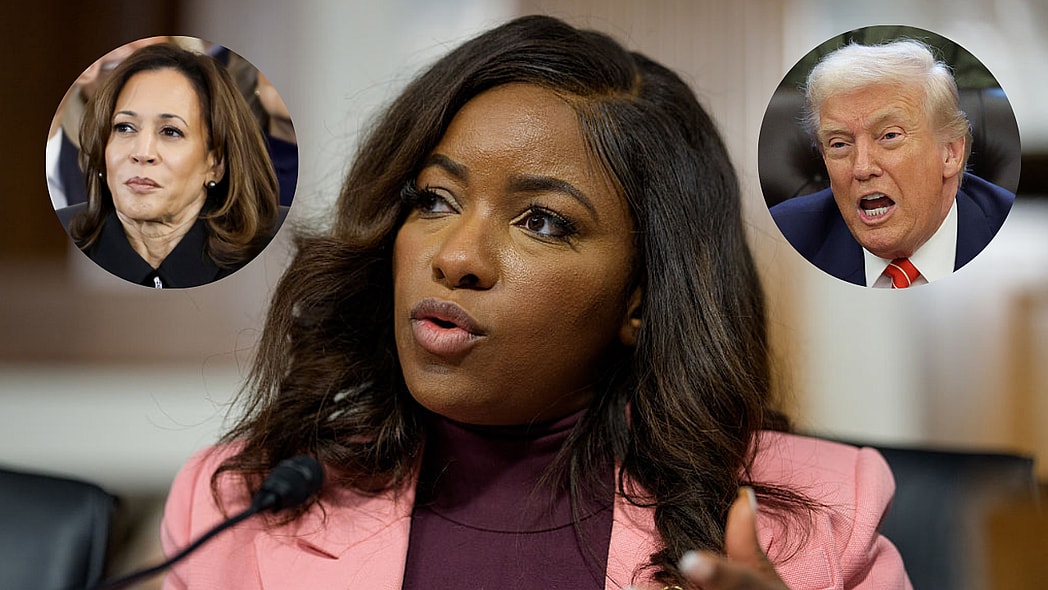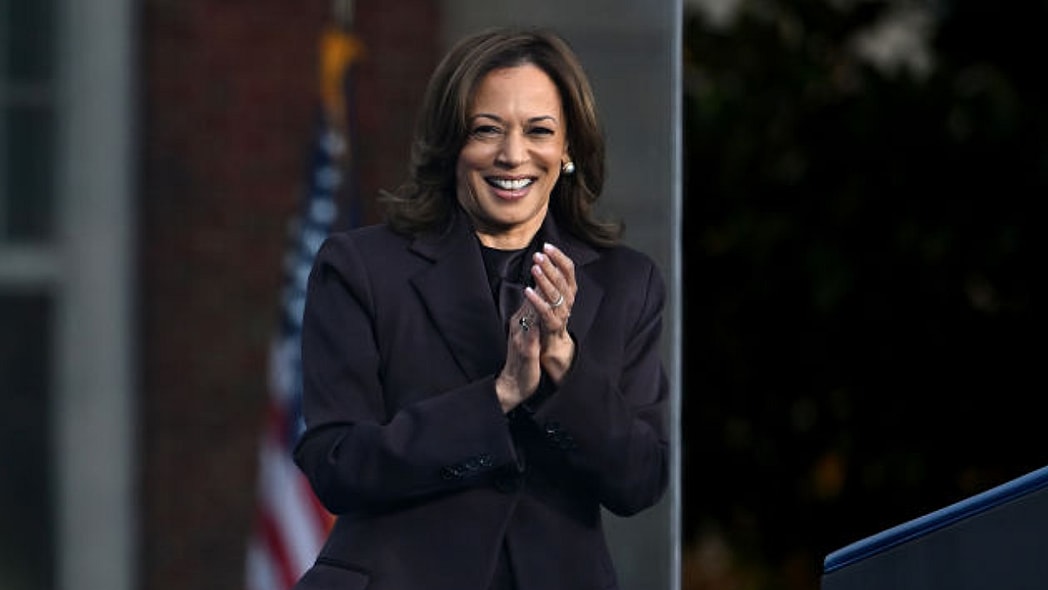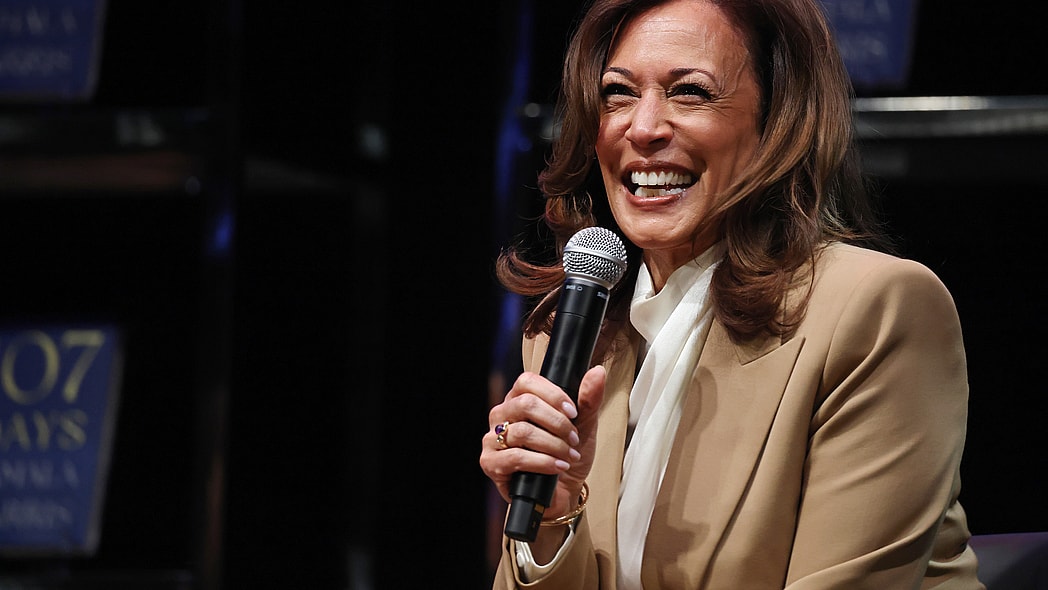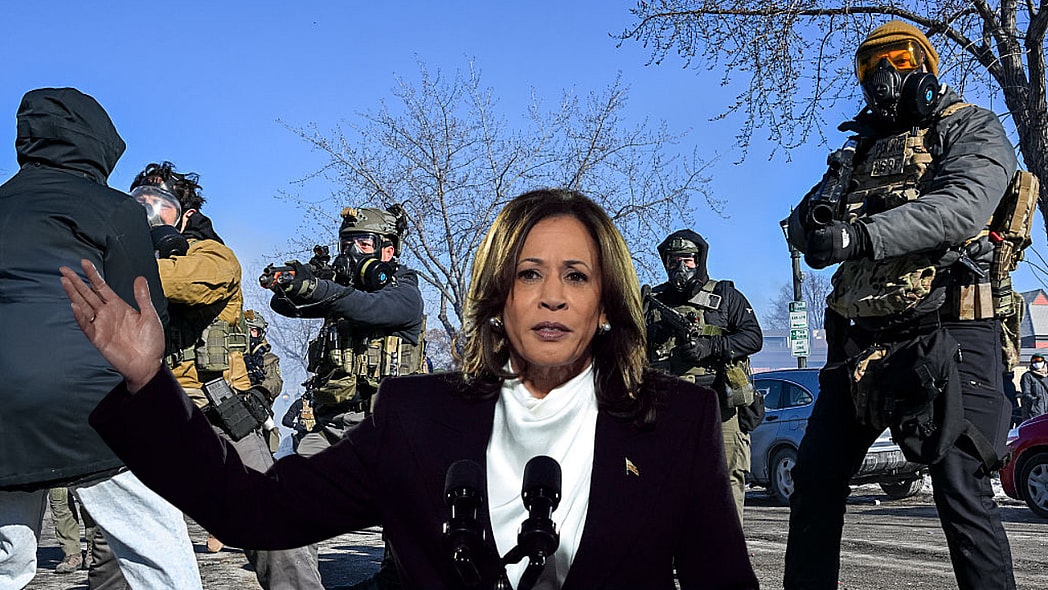Vice President Kamala Harris, the first Black woman and woman of color to receive the presidential nomination from a major political party, walks into a historic Democratic National Convention in Chicago. Sources close to the delegate count say Harris amassed slightly more votes than President Joe Biden’s 3,900 delegates before he exited the presidential race last month.
“You think about what is in store for the future,” NAACP President and CEO Derrick Johnson told theGrio ahead of his Monday evening speech at the DNC’s primetime kickoff.
As the nation’s oldest civil rights organization, the NAACP does not support parties or candidates but instead policies that uplift people of color.
Johnson said of this week’s Democratic activities in the Windy City, “It gives not only African Americans but Americans an option to really lean into our collective power to make sure democracy works for all and that our future aspirations can be realized unencumbered by the tools of race or gender or other things to separate us.”
Lingering over this week is Shirley Chisholm’s historic 1972 run for president. The former U.S. congresswoman was the first Black person and Black woman to run for president and the first woman within the Democratic Party.
Many are also thinking of voting and women’s rights activist Fannie Lou Hamer. In 1964, during what was known as Freedom Summer, Hamer protested the exclusion of Black voters from the Mississippi Democratic Party’s delegation at the convention. Hamer’s testimony at the DNC also brought attention to the disenfranchisement of African Americans throughout the South.
Johnson told theGrio that Hamer’s activism “broke the back of the Dixiecrats and forced the question that all citizens should be allowed to participate in the primary process of both parties.”

Thursday night, when Kamala Harris accepts the nomination, will mark 60 years to the day of Hamer’s consequential testimony.
In a book excerpt from her memoir, “The Truths We Hold: An American Journey,” Harris revealed that her parents, who were civil rights activists, often “received prominent guests” at their home during the 1960s in Oakland, California, including Hamer.
On Tuesday, former President Barack Obama and former First Lady Michelle Obama will also appear at the DNC. During a congratulatory call announcing their endorsement of Harris, Mrs. Obama said of the Democratic nominee, “The energy you bring, your positivity, your sense of humor. Your record of inclusion, of uniting people together. I mean, that’s what’s got me excited.”
Various organizations will support the event, including the Democracy House, which will host several events with recognizable names like Stacey Abrams, Rev. William J. Barber II, and civil rights leader Melanie Campbell.
The Raben Democracy House is offering four days of programming for the DNC.
“It’s the policy side of the convention house,” said president and founder Robert Raben, a longtime Democratic strategist.
Other considerations during this week can also impact some of the movement around the city for the DNC. The United States Secret Service is working to secure the event as large numbers of pro-Palestinian protesters will reportedly converge in Chicago during the convention. The city is being secured by barriers, which are expected to be expanded around the perimeter of official event venues throughout the city as protests escalate.
When it comes to the political opposition, Republican presidential and vice presidential nominees Donald Trump and JD Vance are traveling to battleground states in an attempt to counter the historic Democratic National Convention.


